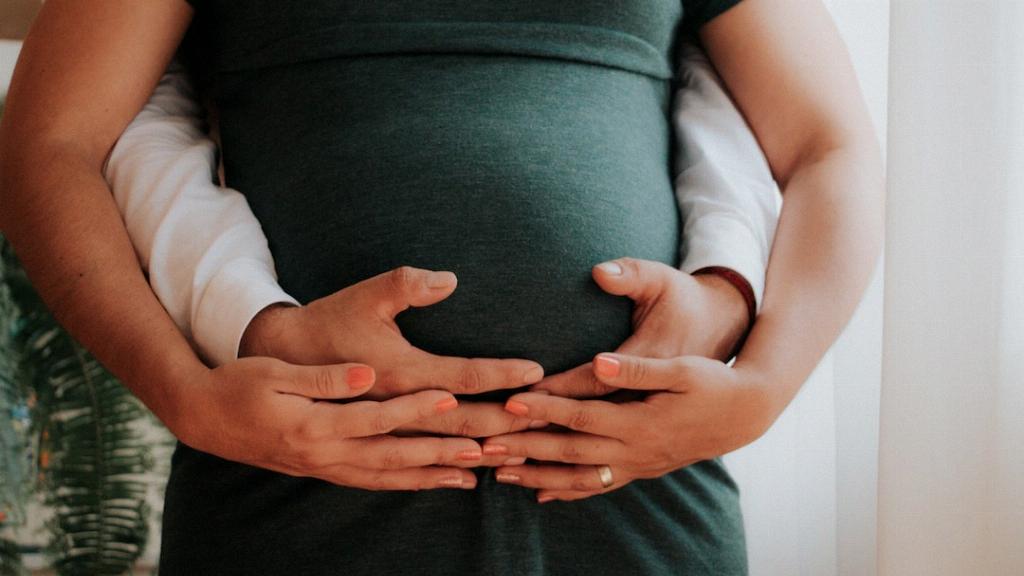When it comes to pregnancy, there are numerous factors that expecting mothers need to consider for the health and well-being of their babies. One such concern is the presence of Listeria, a type of bacteria that can have severe implications for both the mother and the unborn child. Listeriosis, the infection caused by Listeria, can result in serious complications, especially for pregnant women and their developing fetuses.
The Impact of Listeriosis on Your Baby
If you were to contract listeriosis during your pregnancy, the consequences for your baby could be dire. Babies born with listeriosis are at risk of developing severe infections in their blood or brain. These infections can lead to long-term health issues such as intellectual disability, paralysis, seizures, blindness, or problems with vital organs like the brain, kidneys, or heart.
Understanding the Transmission of Listeria
Listeria can be found in various sources, including contaminated food, soil, and animal feces. It can easily spread to food products such as unpasteurized dairy, deli meats, and smoked seafood. As such, it is crucial for pregnant women to exercise caution when selecting and preparing their meals to minimize the risk of exposure to this harmful bacterium.
Preventive Measures to Safeguard Your Pregnancy
Given the potential consequences of listeriosis, it is essential for pregnant women to take proactive steps to prevent infection. This includes avoiding high-risk foods like raw or undercooked meats, unpasteurized dairy products, and refrigerated pâtés or meat spreads. Additionally, maintaining proper food hygiene practices in the kitchen can significantly reduce the chances of encountering Listeria.
Consulting Your Healthcare Provider
If you have concerns about Listeria and its impact on your pregnancy, it is advisable to consult your healthcare provider for personalized guidance. Your doctor can offer tailored recommendations based on your individual situation and help address any specific worries or questions you may have regarding Listeria exposure during pregnancy.
Staying Informed and Educated
By staying informed about the risks associated with Listeria during pregnancy, you can empower yourself to make informed choices that prioritize the health and safety of both you and your baby. Education plays a crucial role in mitigating potential risks and ensuring a smooth and healthy pregnancy journey.
Seeking Support and Guidance
Pregnancy can be a challenging time, especially when faced with concerns about potential infections like Listeria. It is essential to seek support from loved ones, healthcare professionals, and reputable sources of information to navigate these uncertainties and make well-informed decisions for the well-being of you and your baby.
Monitoring Your Symptoms and Seeking Prompt Medical Attention
If you experience any symptoms that could indicate a Listeria infection during your pregnancy, such as fever, muscle aches, nausea, or diarrhea, it is crucial to seek prompt medical attention. Early detection and treatment can significantly improve outcomes and reduce the risk of complications for both you and your baby.
Embracing a Healthy Lifestyle
In addition to avoiding high-risk foods and practicing proper food safety measures, maintaining a healthy lifestyle throughout your pregnancy can further reduce the likelihood of encountering Listeria-related complications. This includes staying active, eating a balanced diet, staying hydrated, and getting adequate rest to support your overall well-being.
Trust Your Instincts and Prioritize Self-Care
As an expectant mother, it is vital to trust your instincts and prioritize self-care during your pregnancy journey. Listen to your body, advocate for your health needs, and seek assistance when necessary to ensure a positive and healthy outcome for both you and your baby.
Conclusion: The Importance of Awareness and Proactive Measures
In conclusion, the presence of Listeria during pregnancy poses significant risks to both the mother and the unborn child. By understanding the potential consequences of listeriosis, taking preventive measures, seeking guidance from healthcare providers, and staying informed, pregnant women can effectively safeguard their pregnancies and promote the well-being of their babies. Prioritizing awareness, education, and proactive measures is key to navigating the complexities of pregnancy and ensuring a safe and healthy journey for both mother and child.

